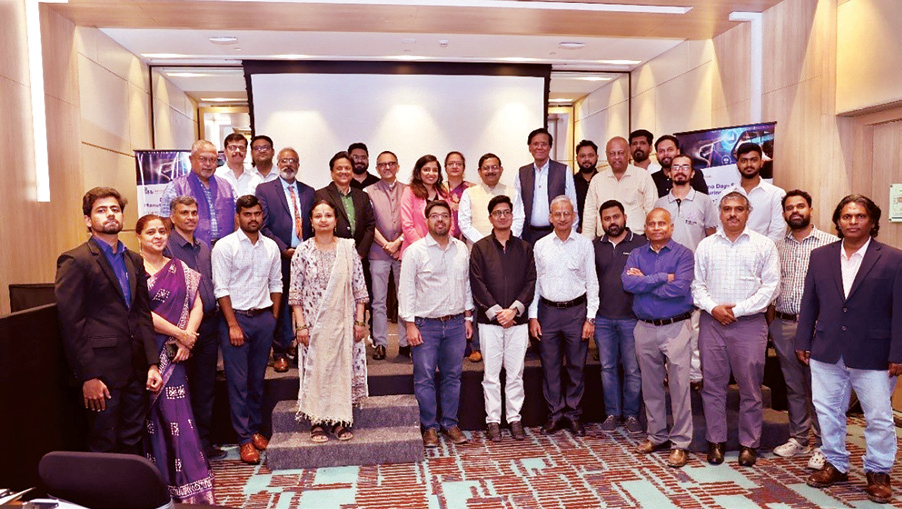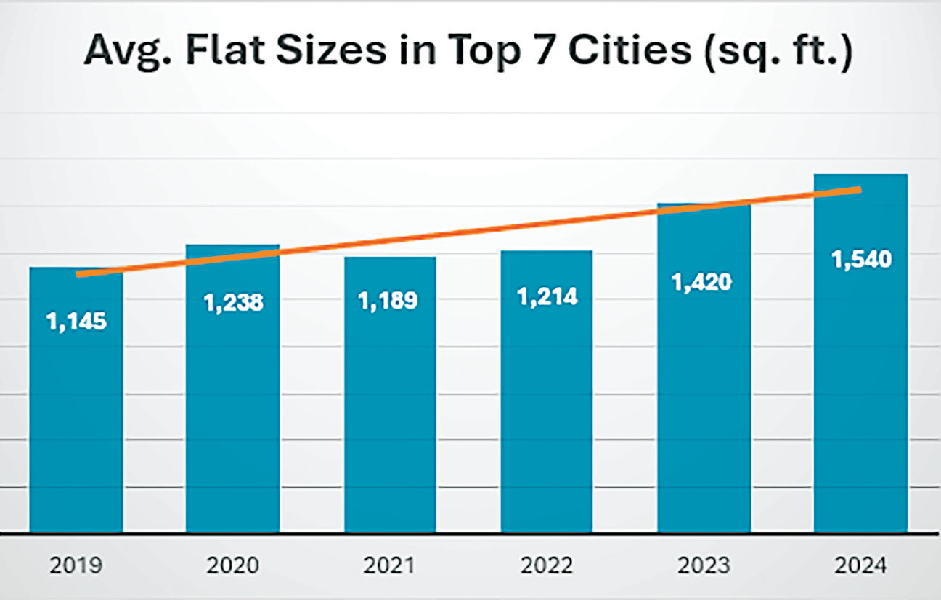
Call for fossil fuel phase-out is priority on global stocktake agenda at COP28
Soumik Dutta | NT
Bengaluru: Calls to phase out unabated fossil fuels, reform subsidies on it and triple global renewable energy capacity may find their way into the outcome of the first-ever global stocktake, a periodic assessment of collective efforts of nations to achieve the Paris Agreement goals. Initiated in Glasgow in 2021, the first-ever global stocktake will conclude at the annual climate talks (COP28) in Dubai this December.
The United Nations Framework Convention on Climate Change (UNFCCC) recently released a report summarising submissions made by countries and nonparty stakeholders regarding the political response to the global stocktake.
According to the UNFCCC report, possible elements of the global stocktake outcome could include a call to parties on phase-out of fossil fuels, support global commitment to accelerate the phase-out of unabated fossil fuels, and efforts to phase out inefficient fuel subsidies by 2025, supported by enabling environments and up scaling investments in renewable energy.
Countries promised to phase out inefficient fossil fuel subsidies at COP26 in Glasgow in 2021 and COP27 in Sharm El Sheikh in 2022, but they hit record highs in 2022.
A report that came ahead of the G20 Leaders' Summit in New Delhi in September said countries in the bloc allocated a staggering USD 1.4 trillion of public funds to support fossil fuels in 2022, aiming to counter the impact of their soaring prices due to the Ukraine war and strengthen energy reserves.
In the business-as-usual scenario, the world is heading for a temperature rise of around 3 degrees Celsius by the end of the century.
Climate science says the world must halve emissions by 2030 from the 2009 levels to limit global average temperature rise to 1.5 degrees Celsius as compared to the pre-industrial levels to avoid extreme, destructive and likely irreversible effects of climate change.
According to global agencies, the last four months (June, July, August and September) were the hottest on record, with 2023 on track to be the warmest year ever.
Developing countries argue that wealthier nations should take greater responsibility for emission reductions, given their massive historical emissions and provide the necessary means of implementation, including finance and technology, to assist developing and vulnerable nations in transitioning to clean energy and adapting to climate change.
The global stocktake outcome may also include a call for a global phase-out of unabated coal power generation by 2040 in a just manner and tripling the capacity deployment of renewable and clean energy by 2030.
The final discussions could also include a call for supporting the doubling of lowcarbon hydrogen production across sectors by 2030 and recognising the role of natural gas as an efficient transitional fuel.
 English daily published in Bengaluru & Doha
English daily published in Bengaluru & Doha






